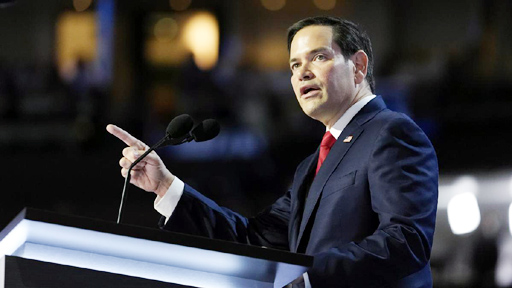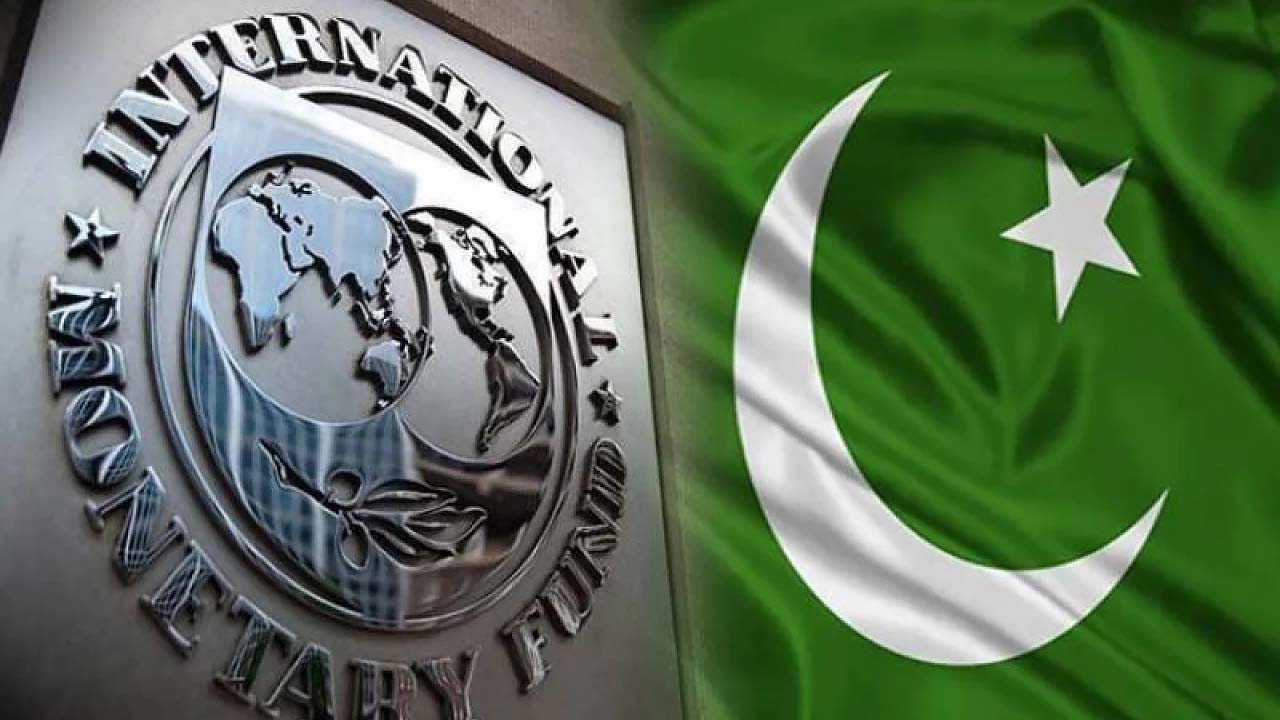The United States Senate has introduced a significant bill aimed at enhancing defense cooperation with India while proposing to cut off aid to Pakistan if it takes any action against India. The bill, titled the “US-India Defense Cooperation Act,” was tabled by Republican Senator Marco Rubio, highlighting a strategic shift in US foreign policy towards closer ties with New Delhi.
The “US-India Defense Cooperation Act” underscores the importance of bolstering defense ties with India, placing it on par with longstanding US allies such as Japan, Israel, South Korea, and NATO members regarding technology transfers and security assistance. This move reflects the growing significance of India in the US’s strategic calculus, particularly in the context of regional security and countering China’s influence in the Asia-Pacific region.
Senator Marco Rubio emphasized several key provisions in the bill aimed at expediting and enhancing defense cooperation with India. These include: The bill urges the US to expedite the transfer of excess defense articles to India for the next two years. This provision is intended to quickly bolster India’s defense capabilities. The bill proposes granting India the same status as other major US allies, which would facilitate greater technology transfers and defense cooperation. The bill calls for the expansion of International Military Education and Training (IMET) programs with New Delhi, fostering closer military-to-military ties.
One of the notable aspects of the bill is the provision for a limited exemption for India from the Countering America’s Adversaries Through Sanctions Act (CAATSA) sanctions. This exemption would apply to India’s purchases of Russian military equipment currently in use by the Indian armed forces. This is a crucial measure, given Russia’s role as a significant supplier of weapons and cut-price oil to India.
The introduction of this bill comes at a time when Russia’s geopolitical isolation from the West and its growing ties with China have impacted its traditional partnership with India. In recent years, Western powers, including the United States, have sought to cultivate stronger relations with New Delhi as a counterbalance to China’s growing influence across the Asia-Pacific region.
The bill also reflects ongoing pressure from Western powers on India to distance itself from Russia. The United States, in particular, has urged Indian Prime Minister Narendra Modi to communicate to Russian President Vladimir Putin that any resolution to the conflict in Ukraine must respect the UN Charter, specifically Ukraine’s territorial integrity. This diplomatic pressure is part of a broader strategy to align India more closely with Western geopolitical interests.
The bill’s provision to cut off aid to Pakistan if it takes action against India represents a significant shift in US policy. This move is likely to have far-reaching implications for US-Pakistan relations, which have been historically complex and multifaceted. By conditioning aid on Pakistan’s actions towards India, the US is sending a clear message about its strategic priorities in South Asia.




